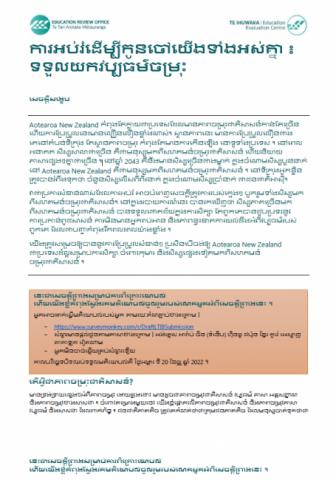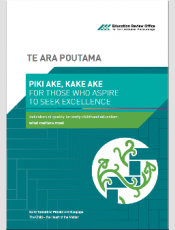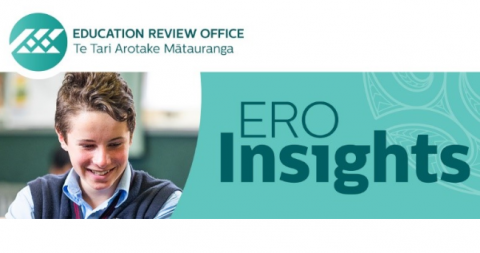Current Provision of Pacific Bilingual Education
Published: 16 Aug 2019
Based on surveys and interviews of 25 schools, this report describes the current state of Pacific bilingual units in New Zealand: their philosophy, curriculum, teaching, assessment and transition practices, tracking of learners’ pathways and outcomes, and the support they receive.
- Audience:
- Parents
- Schools
- Content type:
- Research
- Topics:
- Pacific Reset
- Pacific bilingual
- Bilingual











